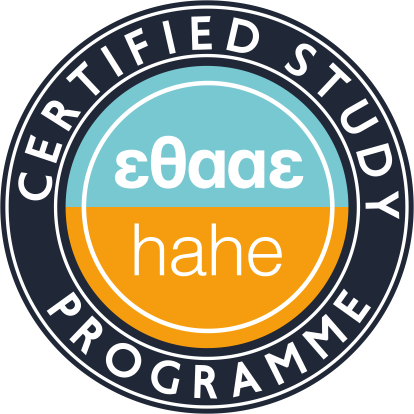INTRODUCTION TO THE CONCEPT AND CONTENT OF THE TOURISM ECONOMY: Tourism economy, tourism as a production industry, economic view of tourism, basic tourism and economic concepts.
SECTORAL STRUCTURE OF THE TOURISM INDUSTRY: The production factors, characteristics and particularities of tourist services, the recording of tourist figures in the national accounts.
TOURISM DEMAND – NEEDS AND MOTIVATIONS: Theoretical approach to leisure time, theoretical approach to tourism needs, theoretical approach to tourism motivations,
MEASUREMENT AND FORECASTS OF TOURISM DEMAND: Tourism demand indicators, basic tourism figures, tourism forecasting methods.
TOURISM DEMAND AND SUPPLY CURVES: Supply and demand curves of tourist services, elasticity of tourist demand, complementarities of tourist services, substitutes of tourist services.
THE TOURIST OFFER: The heterogeneity of the tourist product, the tourist resources, the man-made environment, the tourist companies, modern types of tourist products.
FACTORS AFFECTING THE TOURISM OFFER: Seasonality, availability of services, technological developments, political conditions, economic conditions, risks in tourism (terrorism, epidemics, extreme weather events, etc.).
TOURIST CONSUMPTION AND THE PRINTING IN THE NATIONAL ACCOUNTS: Tourism and the national economy, the input-output tables of the Greek economy, the tourism satellite account, the economic accounts of tourism, the tourism multiplier.
ECONOMIC EFFECTS OF TOURISM DEVELOPMENT: Positive economic effects, negative economic effects, economic effects on the other branches of economic activity.
SOCIAL AND CULTURAL IMPACTS: Cultural Impacts, Sociological Impacts.
GEOGRAPHICAL AND ENVIRONMENTAL IMPACTS: Geographical - zoning, urban planning, environmental impacts, sustainable development.
THE ECONOMIC IMPORTANCE OF TOURISM IN GREECE: Gross Domestic Product, tourism exchange – balance of payments, tourism and employment, national tourism income, tourism and regional development.
WORLD TOURISM TRENDS: New markets, new forms of tourism, the new tourist, tourism and the internet, tourism forecasts.
Η βασική βιβλιογραφία που θα χρησιμοποιηθεί είναι
Ελληνόγλωσση Βιβλιογραφία
Ξενόγλωσση Βιβλιογραφία
Ενδεικτική Αρθρογραφία
Άλλη σχετική ενδεικτική βιβλιογραφία
Συναφή επιστημονικά περιοδικά
Tourism Economics (SAGE)
Tourism Management (Elsevier)
Journal of Hospitality & Tourism Research (SAGE)
Annals of Tourism Research (Elsevier)
ANATOLIA (Taylor & Francis)
TOURISMOS (Aegean University)
Environment and Planning A: Economy and Space (SAGE)
Environment and Planning B: Planning and design (SAGE) Environment and Planning D: Society and Space (SAGE)


